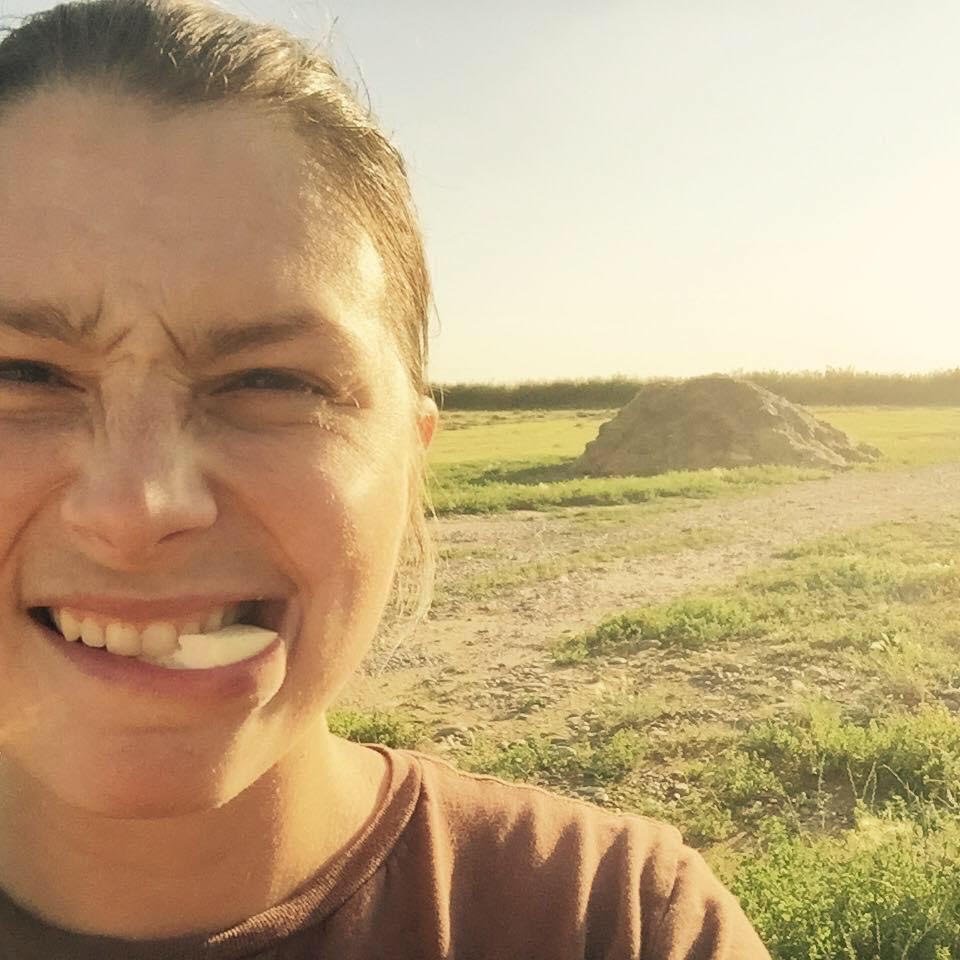Nov 10/24 thoughts on the local food industry:
I spend a lot of time observing and thinking about how a small business like ours can be truly sustainable. Further to that I think about how a small local food
business like ours can be sustainable.
And by sustainable I mean being able to
weather the storms
and
ride through all the seasons.
What I have realized is that the true sustainability is going to be many of the small businesses doing it collectively in a big way.
I think it is more powerful to stay relatively small as businesses but show up in numbers all over the place.
As soon as a business gets too big there seems to be less flexibility within it to
make changes and adjust quickly. In my research (Seth Godin, author), it has been stated that a small business can make a change at least 18 months
before a large corporation.
I also think there is something to understanding how the small local food businesses affect one another and work together for better or worse. I feel this responsibility to each other. Momentum in the local food industry affects everyone. I get worried for the industry when I see businesses similar to ours closing. In Saskatoon we saw The Bulk Basket close and now Pitchfork and there have been others close or close to closing. I ask why a lot.
I also get worried when things are slow in the industry as it can create a chain effect of late payments to producers and general uneasyness. These are the things we can combat with planning and openess (flexibility). These are the things that are difficult to discuss but the reality of financials for everyone including customers.
The closing of these small local food markets is not a case of our competition easing up but rather an indication that the industry could be suffering and in danger. It is not a good thing for anyone. Rather I see the other small local food businesses as someone that I am building an industry with and need to work with. Because this is so much more than being about profits.
It is well-being and the security between citizens: customers, producers, stores.
October and November are typically hard months in retail as a business will spend more in prep for the holidays while having lower sales.
I have been tracking and observing this and working it into my plans. My inexperience has been both my weakness and my stregnth.
Isn’t that so often the case in life?
My weakness in that in the beginning I did not understand that I needed to track all the financials and make it work for us. I was just excited and wanted to sell farm eggs. haha.
But my inexperience has also been my stregnth in that I have done things in a more natural, organic way. I did not come at it with the answers but set out on a hunt to find answers. Answers that would honour the community while building a successful business. And I do think that these answers to building sustainable food systems is not going to come from a viewpoint of how grocery corporations do things. There will be lessons in there to learn but I think that incoporating heart, humbleness and a geniune nurturing and caring for a community when building a business is going to go a lot further to that sustaibainilty. There is a committment that goes beyond business. My committment has been to listen and provide the food in whatever way that makes sense for the season.
Goal: get the food to the people.
Deeper goal: the food is how I connect with the people.
So much of this understanding comes from our customers willingness to be a part of the building. They do this with their support and honest feedback. They do this by telling us what they need and trusting us to work towards it. We all do this by continuing to show up. And it makes a difference.
_nadine


